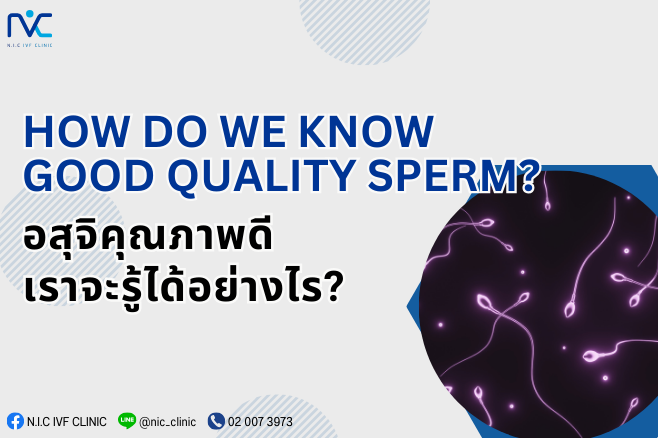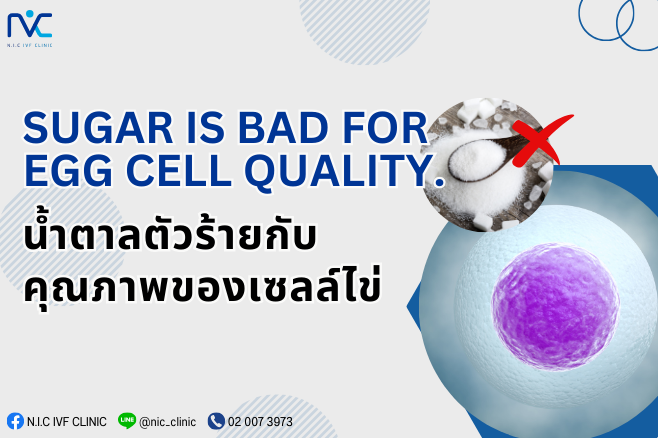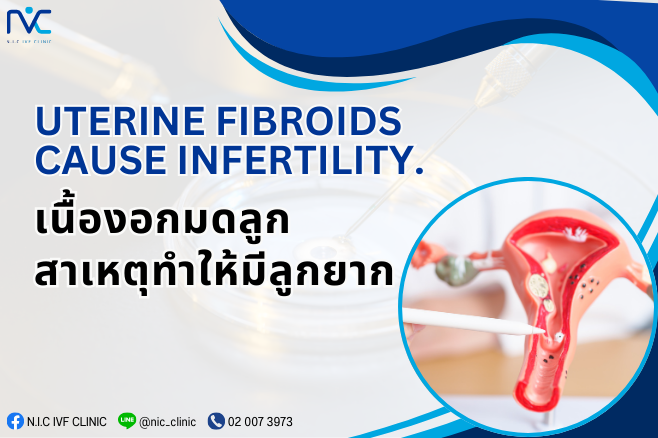NEWS & KNOWLEDGE
Mothers should know this before doing ICSI
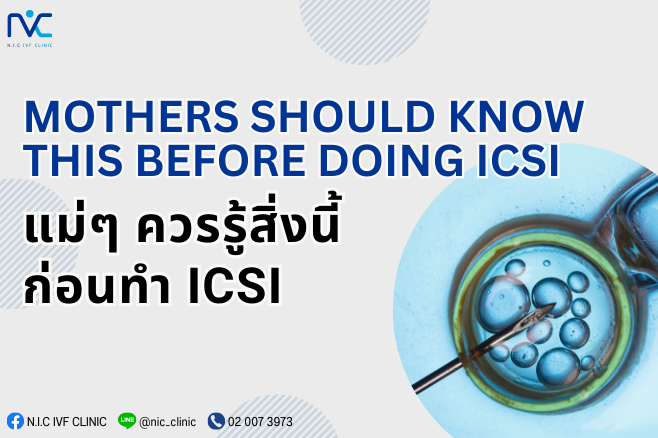

For couples who want to have children, some couples may feel worried about experiencing infertility problems. At present, assisted reproductive technology in Thailand has progressed a lot. It can help couples who have difficulty having children have a chance to have children. The infertility treatment process is called “In vitro fertilization”, which has 2 methods: IVF and ICSI. Each method is different as follows:
IVF - In Vitro Fertilization
The process of stimulating eggs, collecting eggs, and selecting perfect eggs from the female and collecting sperm, selecting perfect sperm from the male, and fertilizing them outside the body by allowing the eggs and sperm to fertilize each other. After fertilization, the fertilized eggs are cultured in the laboratory until they grow into embryos, and selecting good quality embryos to implant back into the female's uterus to continue pregnancy.
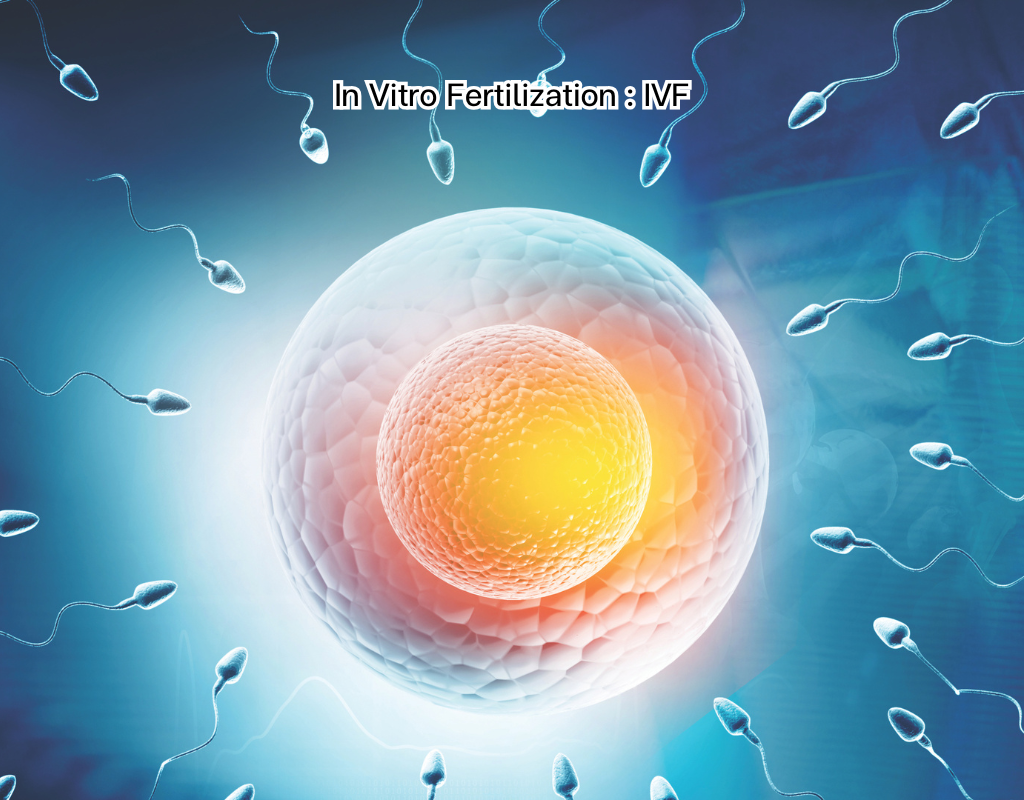
ICSI - Intracytoplasmic Sperm Injection
A process developed to increase the fertilization rate and help produce better quality embryos. It starts with egg stimulation, egg collection, selection of perfect eggs from the female and selection of perfect sperm from the male. Then, one sperm is injected into one egg to achieve fertilization. After fertilization, the fertilized eggs are cultured in the laboratory for about 5-6 days to produce embryos that develop into the blastocyst stage, ready for implantation back into the uterus.
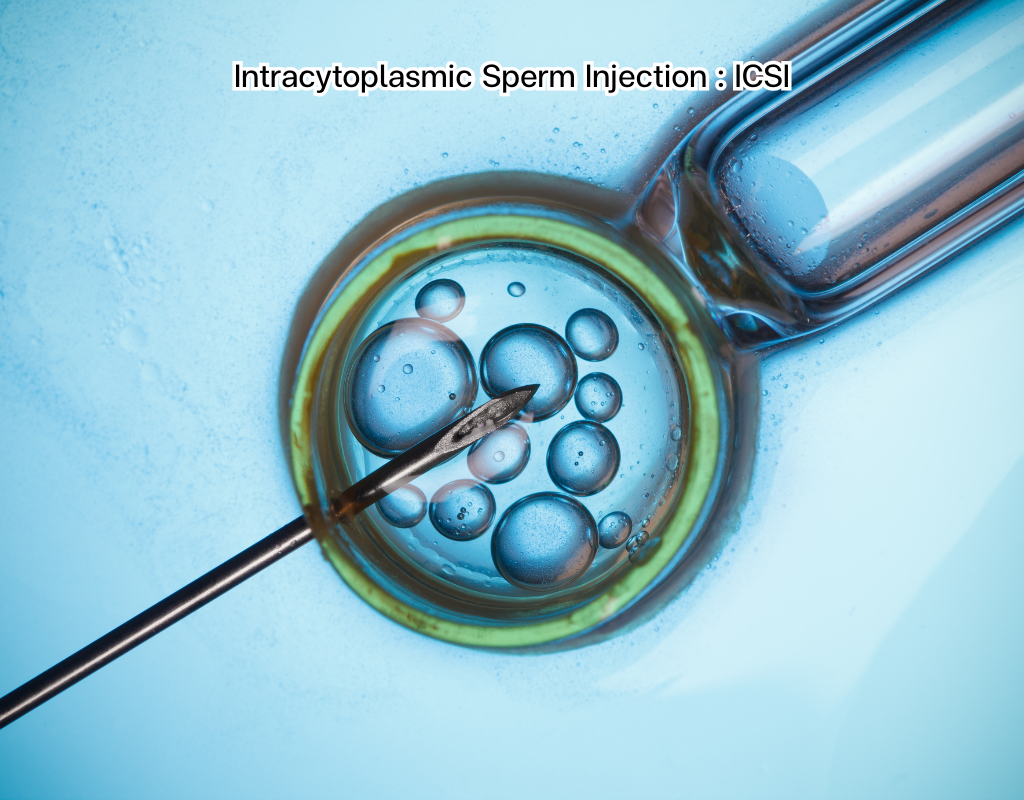
What age should we do ICSI?
When the woman is over 35 years old or a couple who has been trying to have a child naturally for more than 1 year but has not yet become pregnant. Because when women get older The quantity and quality of eggs decreases with age. Resulting in fewer good quality embryos. In addition, women over 35 years old are at risk of having embryos with chromosomal abnormalities, which increases the risk of pregnancy, such as miscarriage, Down syndrome, etc.
Pregnancy success rate
The success rate of the ICSI process depends on many factors such as age, egg quality, sperm quality, health and underlying diseases, etc. Although currently, fertilization with the ICSI process can increase the chances of pregnancy, it depends mainly on the physical condition of the woman. As age increases, the chances of successful pregnancy decrease with age. Those under 35 years old have a 30-40% chance of successful pregnancy, while those over 40 years old have a 10-20% chance of successful pregnancy, depending on the individual.
Preparation before ICSI
Couples should prepare themselves physically and mentally, get enough sleep, eat nutritious food, exercise appropriately, refrain from smoking and drinking alcoholic beverages to prepare their bodies for the treatment process. In addition, consulting a specialist and having a physical examination to find the cause of infertility are important factors that help doctors plan and assess the treatment more accurately. ICSI is a delicate matter, with many steps and success rates that vary depending on the problems of each infertile couple. Therefore, patience and good morale are required during treatment in order for the treatment to be successful.

By Assoc.Prof. Matchuporn Sukprasert
